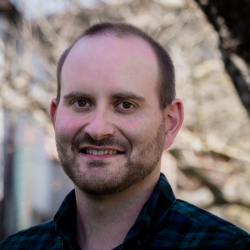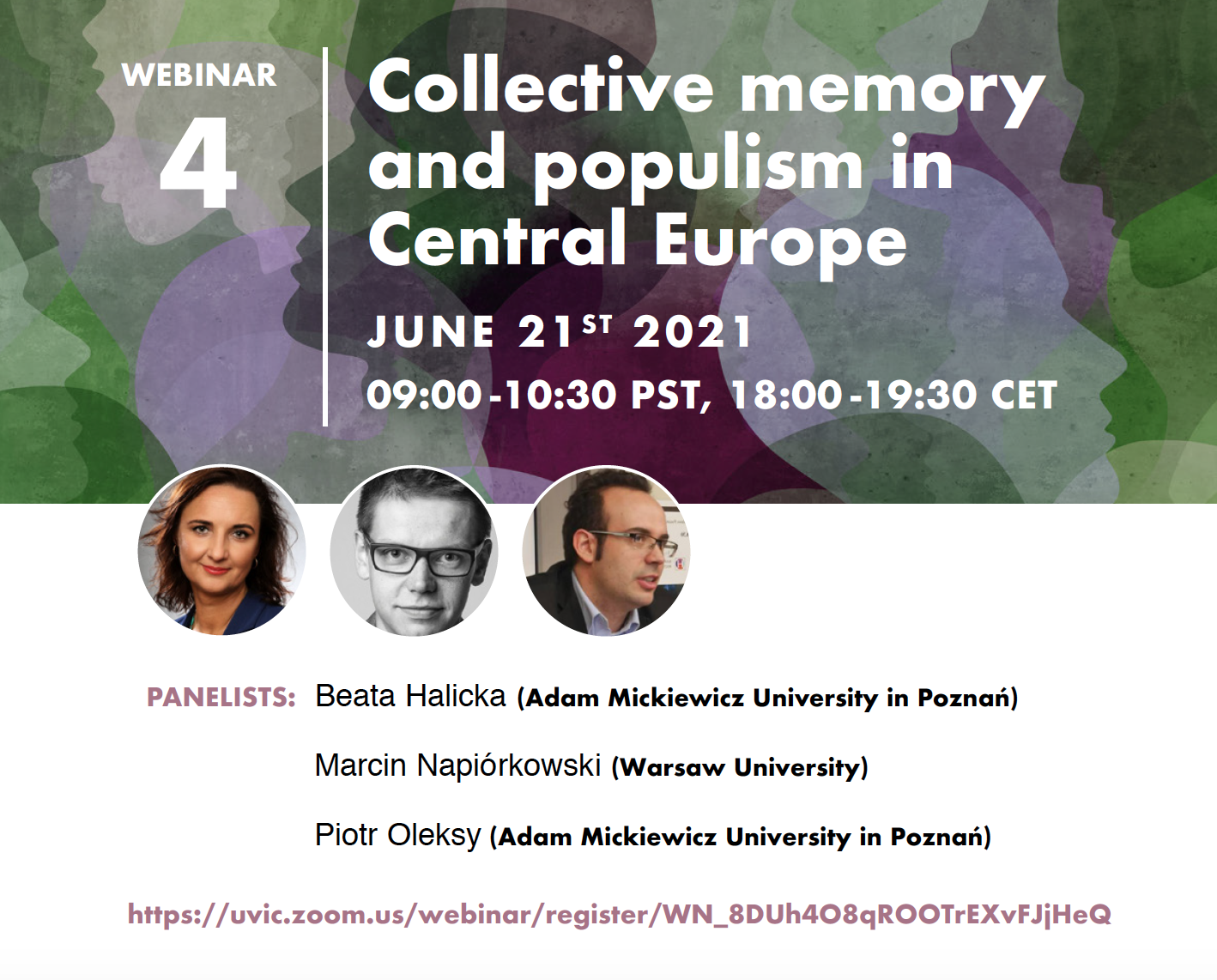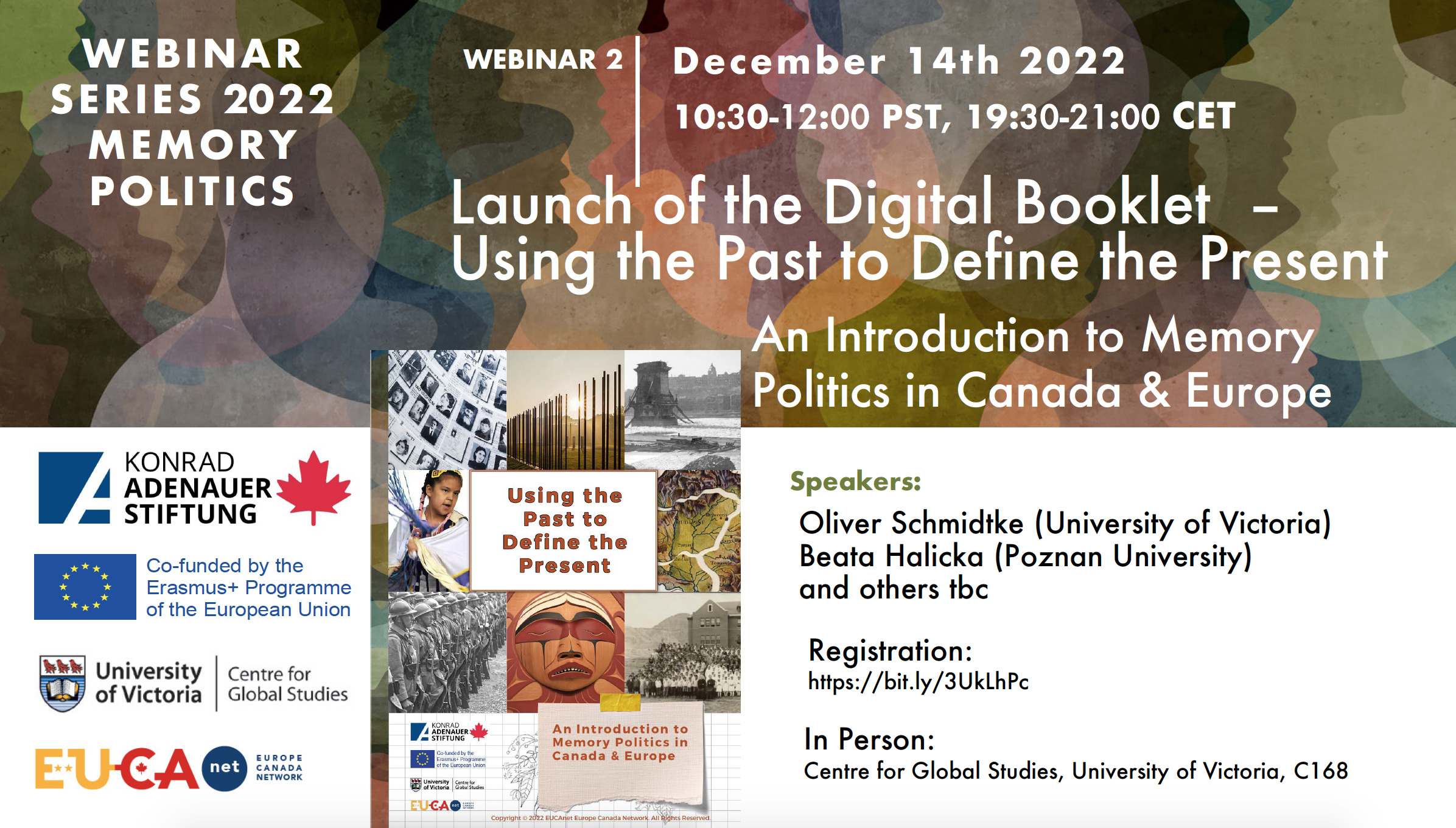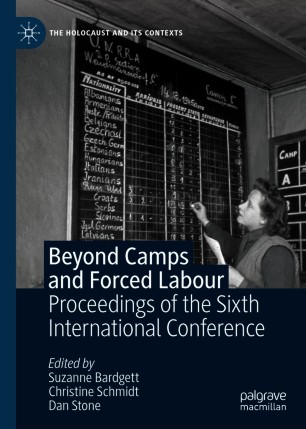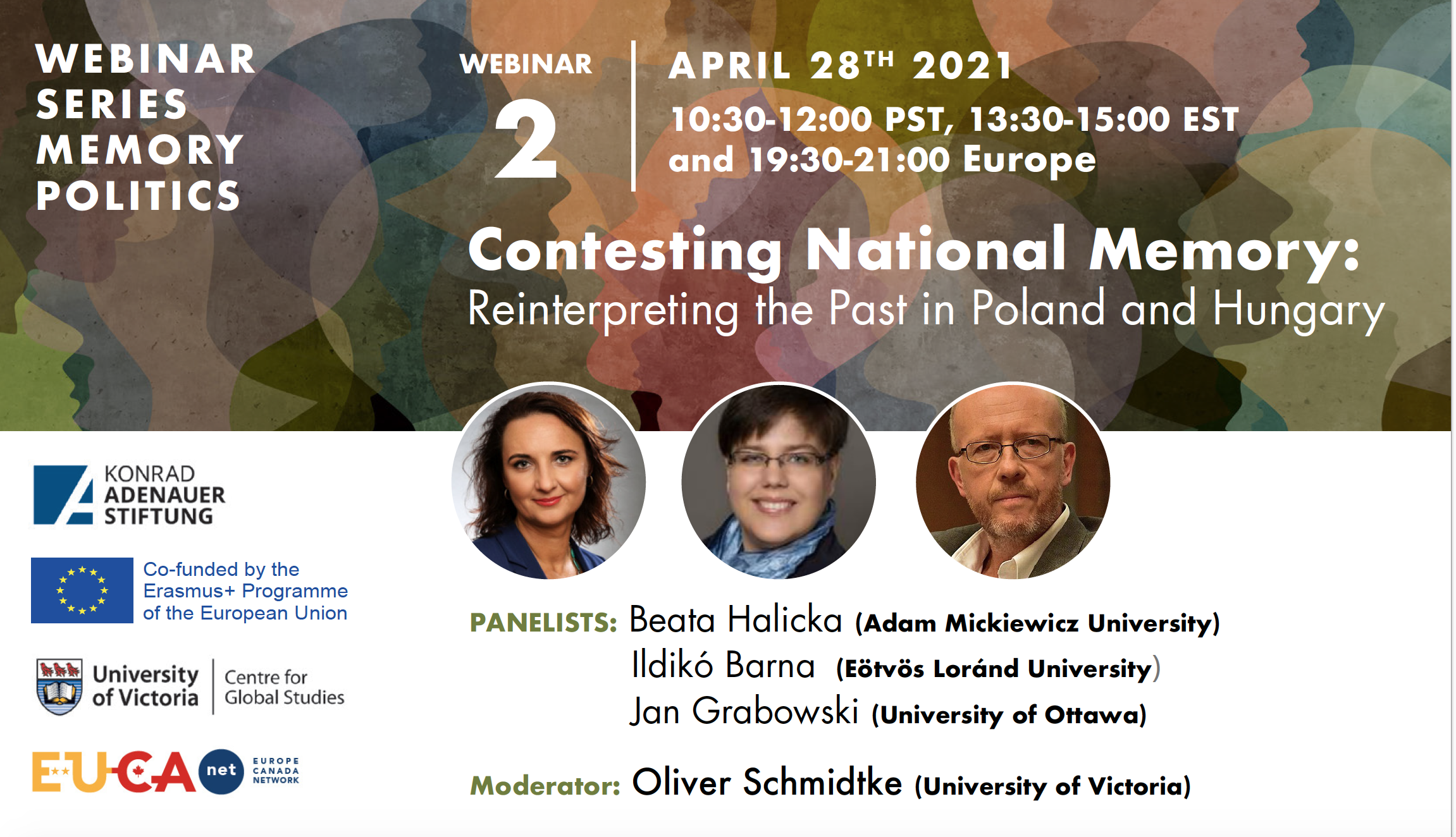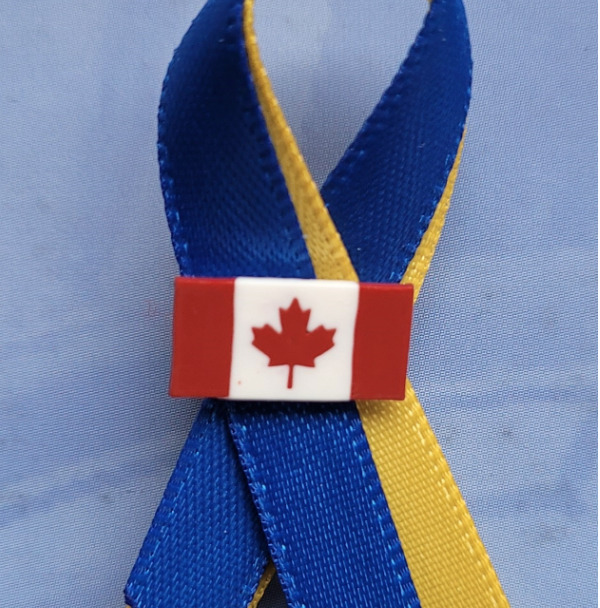Interview with Brigitte Kather – Past Injustices, Current Realities
Dr. Brigitte Kather is a long-time employee of the “German Resistance Memorial Center,” working as a lecturer and teacher. A life-long academic and a pedagogue, she has gained a wide range of experience in how memory skills can be taught. She is currently the principal of the Paula-Fürst-Schule in Berlin, Germany.
In this interview, Kather explains how the Holocaust remains the central discussion point of controversial contemporary debates, but also how the existence of a resistance movement against Nazism is a critical subject. Through these and other examples, she address the importance of Germany faces between its former geographical division. Kather addresses the importance of Vergangenheitsbewältigung (coming to terms with the past), noting that “the past is more important than ever to teach for our present and our future.” A visceral contemporary example she points to is the use of the Star of David by anti-vax protestors in the United States; this erroneous parallel proves that more work has to be done.
Speaking more broadly on the role of education, Kather addresses the need for shared stories and human examples from witness generations. Such stories and examples can “reach the heart of the students,” a critical task of both teachers specifically and schools as a whole.
This interview is part of the www.MemoryPolitics.ca activities: the project “European and North American Perspectives on Commemorating and Addressing Past Injustices” is co-funded by the Konrad Adenauer Foundation Ottawa and the Jean Monnet Network “European Memory Politics” is co-funded by the Erasmus+ Programme of the European Union. The European Union support for the production of publications does not constitute an endorsement of the contents, which reflect the views only of the authors and cannot be held responsible for any use which may be made of the information contained therein.
